We are a research consortium of 10 organisations across Europe. Co-investigators work in gender and sexualities research in and across the disciplines of sociology, human geography, philosophy, gender studies, anthropology, area studies, cultural studies, demography, and political sciences.
We draw on a queer feminist ethos of collaborative work and mutual learning, and thus will actively engage with diverse civil society organisations (CSO), informal groups, as well as external experts forming an Advisory Board.
Co-Investigators
Dr Latife Akyüz (European University Viadrina) is a sociologist who works on state borders, gender, migration and exile studies. She is a co-editor of forthcoming book titled Exiled Intellectuals: Encounters, conflicts, and experiences in transnational context. She will coordinate the transnational case of people living in exile in Europe.
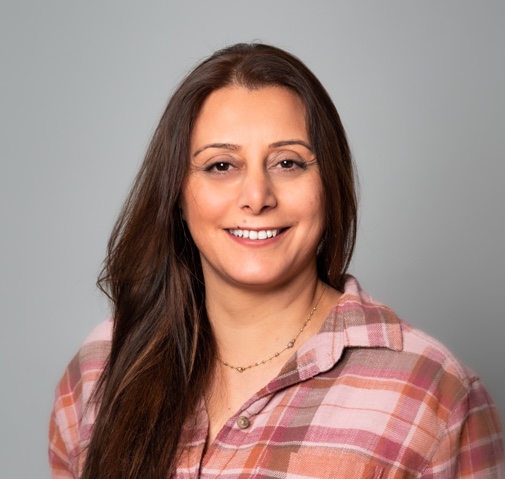
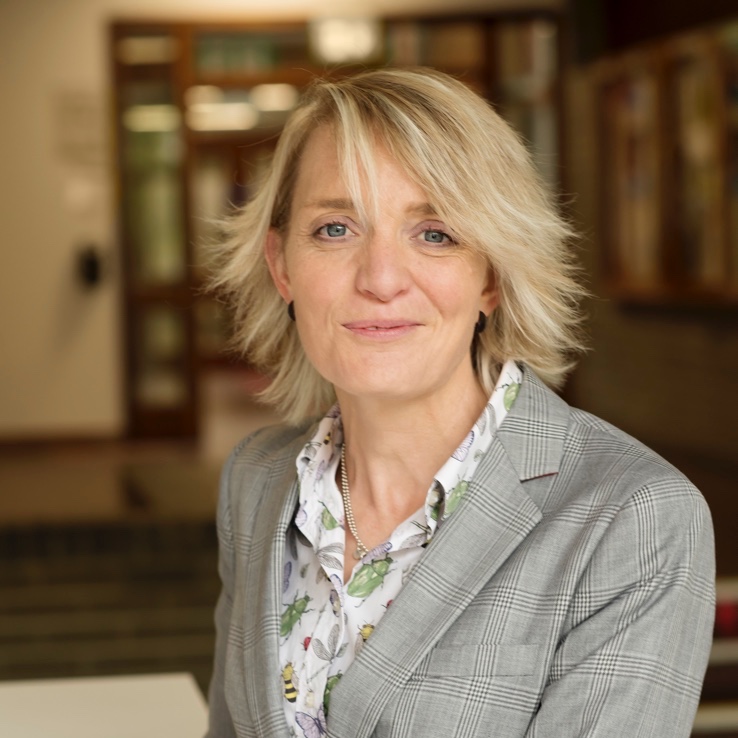
Prof. Kath Browne (University College Dublin) is a geographer with a focus on sexualities and gender. Her work has explored LGBTQIA+ liveabiliites, heteroactivsm and most recently divisions around socio-legal changes to sexual, gender and abortion. She will coordinate a country case study on Ireland and is the project coordinator.
Dr Marianne Blidon (Paris 1 Panthéon-Sorbonne) is social scientist specialising in geography and demography. Her research areas include gender and sexuality, feminist geographies and ethics of research, cities and migrations, social justice. She will coordinate a country case study on France.
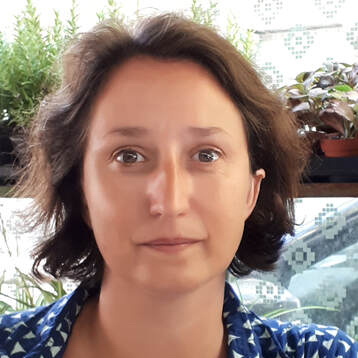

Prof. Dr Stefanie Boulila (Hochschule Luzern) is a transdisciplinary social scientist and Head of Research at the Institute of Sociocultural Community Development at Lucerne University of Applied Sciences and Arts. She is a winner of a 2021 Emma Goldman Award for feminist research in Europe and an inaugural member of the Swiss Young Academy. She will coordinate the case study of Germany, contribute to the Swiss one, and lead on Stage 4: Learning.
Dr Anna Carastathis is a political theorist and co-director of the Feminist Autonomous Centre for research. She is the author of Intersectionality: Origins, Contestations, Horizons and co-author of Reproducing Refugees: Photographia of a Crisis. She will coordinate the case study on Greece and lead on Stage 3: Collaboration.

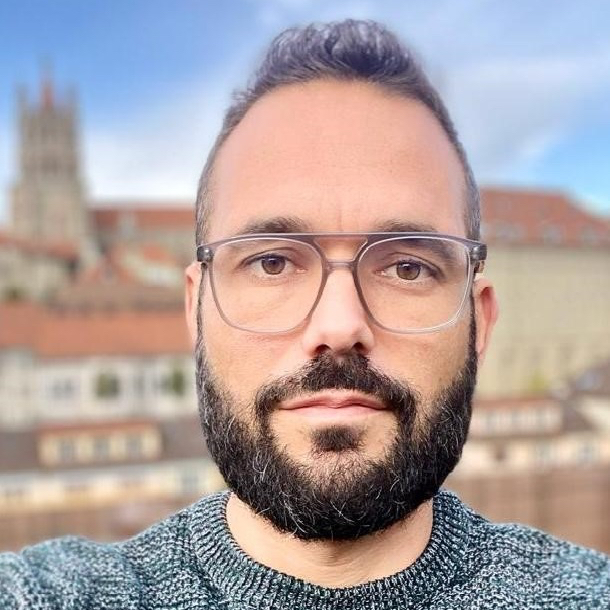
Dr Sébastien Chauvin (Université de Lausanne) is a sociologist and co-president of the University of Lausanne’s Interdisciplinary Platform in gender studies (PlaGe). He is the co-author of Introduction aux études sur le genre and Sociologie de l’homosexualité. He will contribute to the case study on Switzerland.
Dr Katya Filep (Université de Fribourg) is a social geographer specialising in gender, with a regional focus on Central Asia and Eastern Europe. She has a professional background in research, project management, translation and interpreting. She will coordinate the case study of Belarus and Hungary.
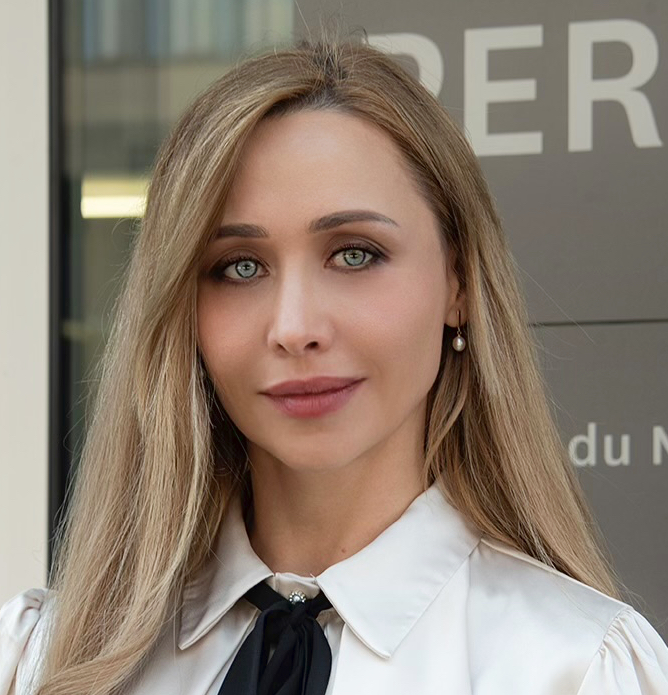
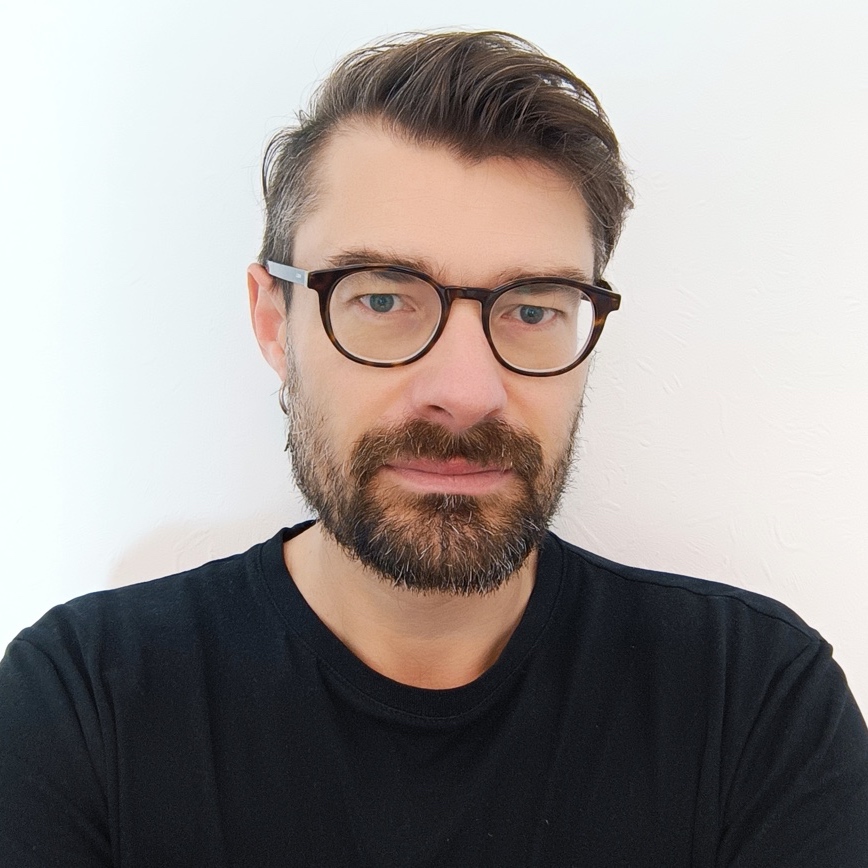
Dr Roberto Kulpa (Edinburgh Napier University) is a social scientist interested in transnational sexual politics, especially dynamics between Central-Eastern Europe and ‘the West’, as well as in critical epistemologies. He will coordinate the case study on Poland and lead on Stage 5: Communication and Dissemination.
Prof. Gavan Titley (Maynooth University) has interests in the politics of freedom of speech in a digital media environment, race, racism and multiculturalism in European politics, and the generative role of media and communications in this politics. His books include Is Free Speech Racist? (2020) and Racism and Media (2019). He will contribute to the case study on Ireland and was the lead on Stage 1: Map.
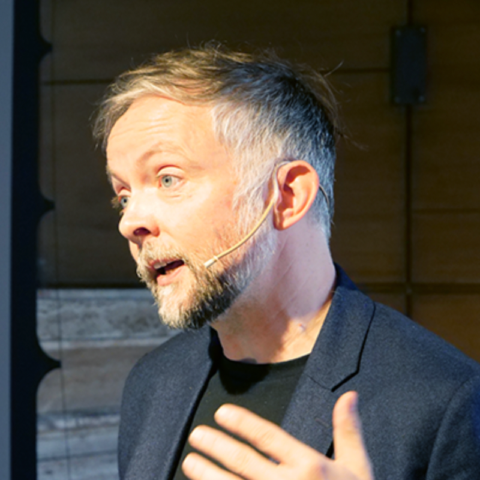
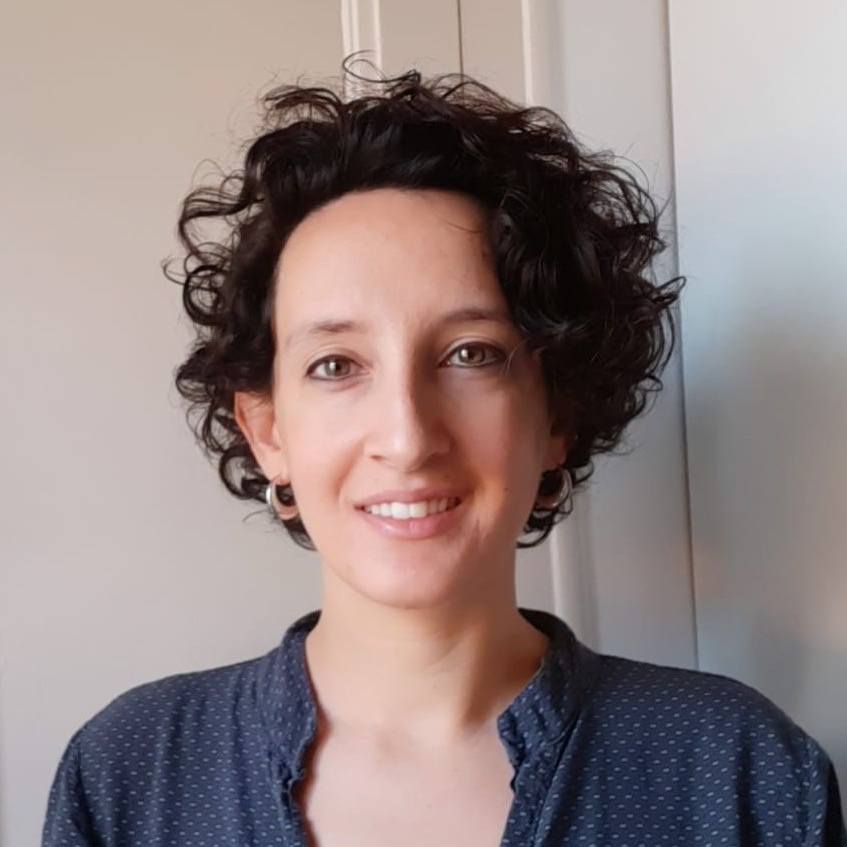
Dr Maria Rodó-Zárate (Universitat Pompeu Fabra) is a social scientist working on social inequalities from an intersectional, spatial and emotional perspective applied to issues such as the right to the city, gender-based violence or LGBTI-phobia. She will coordinate the case study on Spain and lead on lived experiences, Stage 2: Listen.
Postdocs
Dr Leon Freude (Universitat Pompeu Fabra) is a social scientist working on social inequalities from an intersectional perspective. He is particularly interested in queer and intersectional quantitative methods, and has been working as a postdoc on Stage 2: Listen.
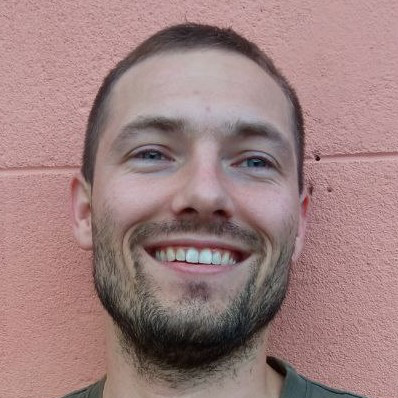
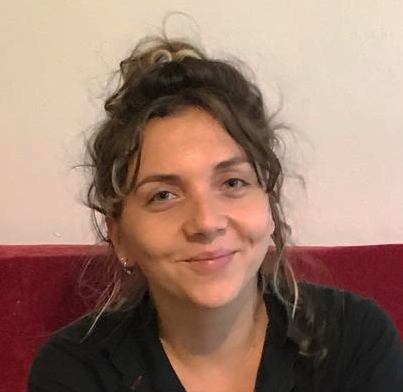
Dr Mathilde Kiening (University Paris 1 Pantheon-Sorbonne) is a psychoanalyst and a postdoctoral researcher, whose work focuses on the intersection of healthcare practices and situated knowledge, and has been working on Stage 2: Listen and Stage 3: Collaborate.
Dr Myrto Tsilimpounidi is a social researcher and photographer. They are the co-author of Reproducing Refugees: Photographia of a Crisis (Roman & Littlefield, 2020); Sociology of Crisis: Visualising Urban Austerity (Routledge, 2017); and the editor of Street Art & Graffiti: Reading, Writing & Representing the City (Routledge, 2017). Myrto is the co-director of the Feminist Autonomous Centre for Research in Athens, Greece. They are the post-doctoral fellow on Stage 3: Collaborate for the case study on Greece.
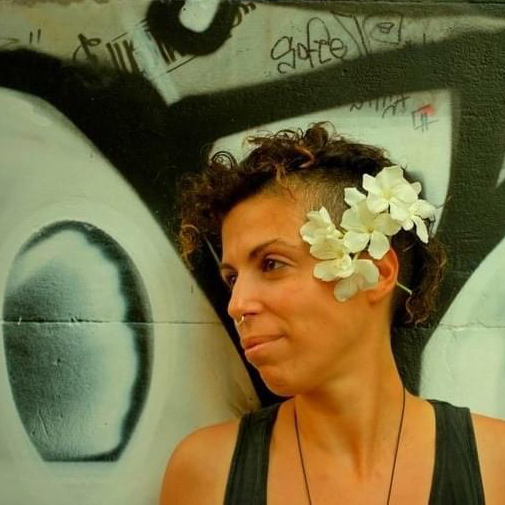
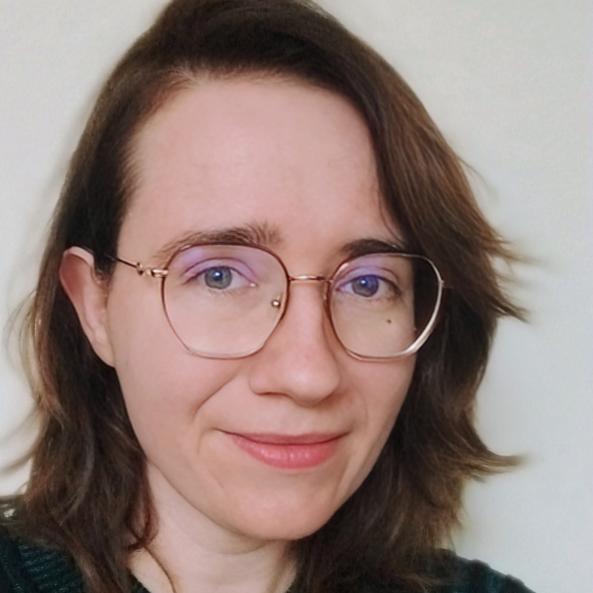
Dr Adrianna Zabrzewska (Edinburgh Napier University) is a feminist philosopher and co-editor of Gender, Voice, and Violence in Poland (2021). As Senior Research Fellow, Adrianna combines a professional background in content marketing with interdisciplinary research expertise to implement RESIST’s impact plan and contribute to the Polish case study.
Research Assistants
Gaé Colussi (University of Lausanne, Switzerland) is a gender studies scholar whose interests focus on LGBTIQ+ issues in Switzerland, particularly in regard to health, activism and the responses from state institutions. Gaé has been working as a research assistant on Stage 2: Listen and Stage 3: Collaborate.
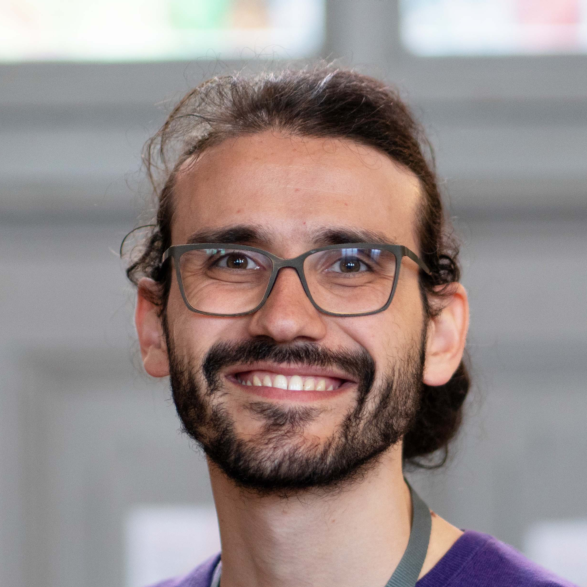
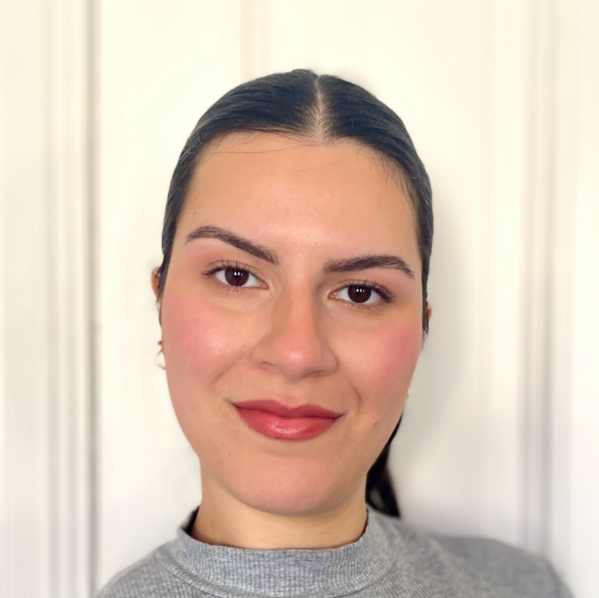
Bilge Cömert (European University Viadrina) works on the transnational case of people living in exile in Europe in Stage 2: Listen and in Stage 3: Collaborate. She is interested in intersectional feminism, critical migration, race and exile studies and has experience in qualitative research designs such as discourse analysis on critical knowledge production of marginalised communities in Germany.
Dr Jojo Hekate Diakoumakou is a social researcher, trans activist, musician, and probably the first openly trans woman in Greece to work in research and to teach at universities. She is collaborating with the Feminist Autonomous Centre for research and is contributing to the case study on Greece for Stage 2: Listen and Stage 3: Collaborate.
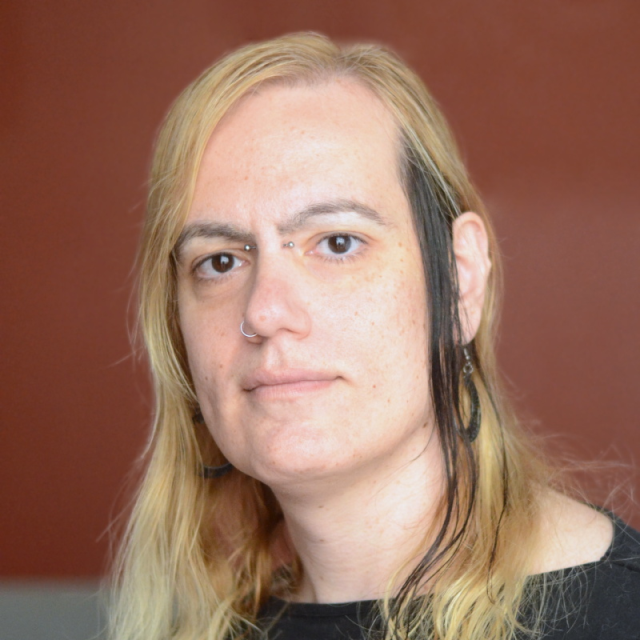

Toni Kania (Edinburgh Napier University) is a psychologist, activist, and a social researcher interested in decolonial, intersectional study of gender diversity, trans liberation, reproductive justice, and disability politics. They are a research assistant in the case study of Poland for Stage 2: Listen and Stage 3: Collaborate.

